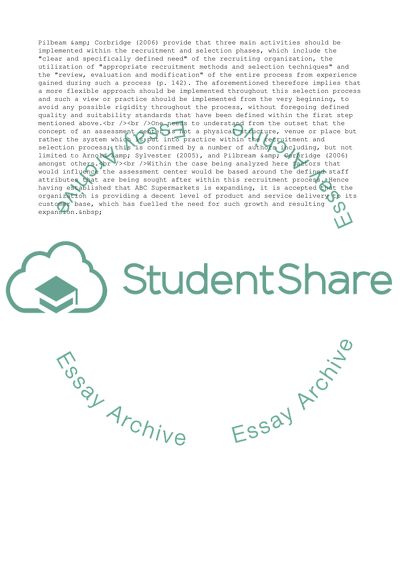Cite this document
(Strategies for People Management Coursework Example | Topics and Well Written Essays - 2250 words, n.d.)
Strategies for People Management Coursework Example | Topics and Well Written Essays - 2250 words. https://studentshare.org/management/1729548-strategies-for-people-management
Strategies for People Management Coursework Example | Topics and Well Written Essays - 2250 words. https://studentshare.org/management/1729548-strategies-for-people-management
(Strategies for People Management Coursework Example | Topics and Well Written Essays - 2250 Words)
Strategies for People Management Coursework Example | Topics and Well Written Essays - 2250 Words. https://studentshare.org/management/1729548-strategies-for-people-management.
Strategies for People Management Coursework Example | Topics and Well Written Essays - 2250 Words. https://studentshare.org/management/1729548-strategies-for-people-management.
“Strategies for People Management Coursework Example | Topics and Well Written Essays - 2250 Words”. https://studentshare.org/management/1729548-strategies-for-people-management.


